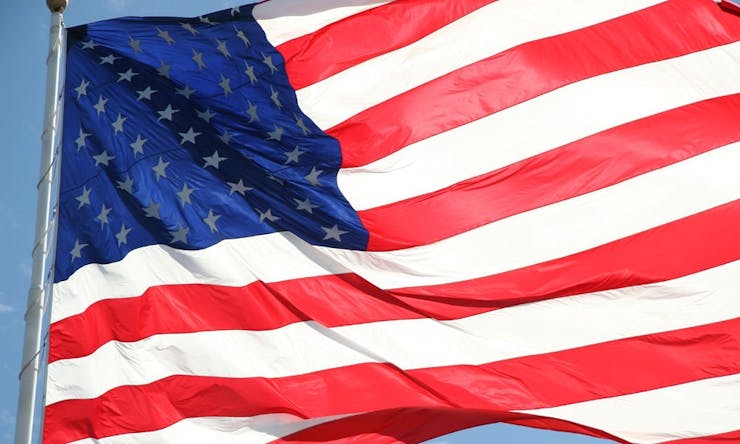In an historic moment for the rights of veterans everywhere, on Friday the U.S. Senate Appropriations Committee voted to approve an amendment that would allow doctors in the Department of Veteran Affairs to recommend medical marijuana to veterans. As we freshly emerge from observing Memorial Day and remembering all of those soldiers, both known and unknown, who have fought and died for our country, we are reminded that we have to take care of those soldiers still with us, which is why this amendment is so powerful.
The veterans who return from war often carry painful battle scars – some we can see, but others hide beneath the surface. Post-traumatic stress disorder, or PTSD, is a very serious and crippling affliction that’s not always evident to the untrained eye. The U.S. Department of Veterans Affairs estimates that PTSD affects 31% of Vietnam veterans, 10% of Gulf War veterans, and 20% of Iraq War veterans. What's worse, these veterans often suffer from PTSD in addition to painful physical trauma, including missing limbs, chronic pain, spinal cord damage, and other symptoms that could potentially be alleviated by cannabis.
PTSD has become such an enormous problem facing veterans who return from serving their country that the VA has established a National Center for PTSD to research, study, and offer support services to those who need it most. However, due to the federal restrictions on cannabis, there’s been a severe lack of government-funded research on the therapeutic effects of cannabis on PTSD, making cannabis nearly impossible for veterans to access. In fact, rather than allow veterans cannabis access, the Department of Veterans Affairs would rather diagnose veterans with “cannabis use disorder” and refer patients to treatment for “marijuana addiction.”
These federal restrictions create a roadblock for physicians in the VA to recommend cannabis to veterans, whether or not the patient qualifies. Many states, including Arizona, Connecticut, Delaware, Illinois, Maine, and New Mexico, list PTSD as a qualifying condition for medical marijuana (and with good reason).
A study by the University of Haifa found that the introduction of cannabinoids immediately following trauma may actually prevent the development of PTSD symptoms. Not only that, but CBD has also been proven effective as a treatment for anxiety, a prominent symptom of PTSD. Additionally, in a preliminary study, the application of THC to a consistent regimen for PTSD sufferers found a statistically significant improvement in the severity of symptoms.
With many veterans relying on the Department of Veteran Affairs for health care, it’s become an increasingly difficult obstacle to get proper treatment. Veterans who are legally seeking medical cannabis cannot be prescribed or recommended for it by any physician employed by the U.S. federal government. This amendment would break the ties that bind the hands of the Department of Veterans Affairs, allowing physicians employed by the VA to recommend medical marijuana legally to veteran patients who will benefit immensely.
With Memorial Day fresh in our memories, let us remember those who are gone and those who are still with us. They fought for us, now let’s fight for them.




